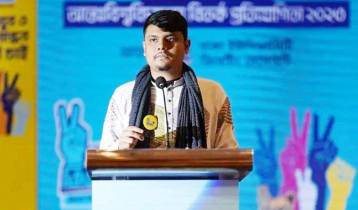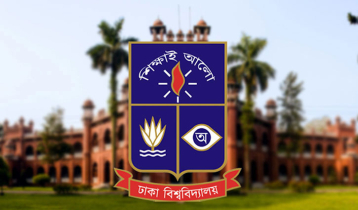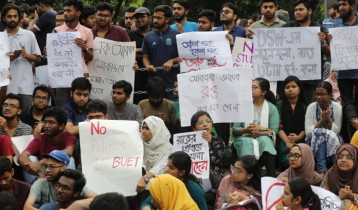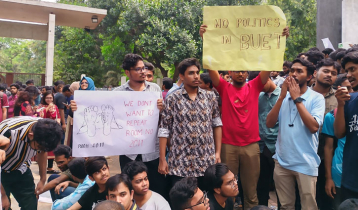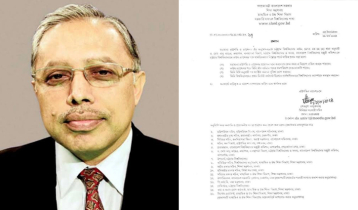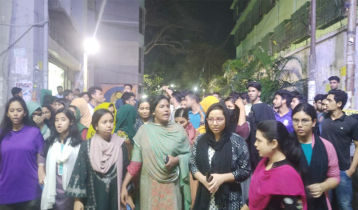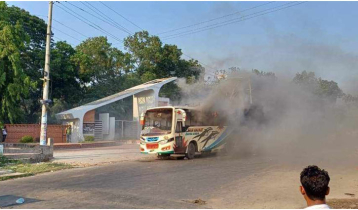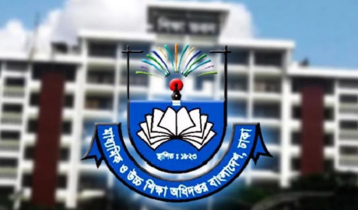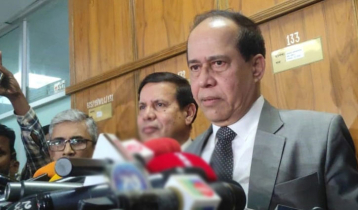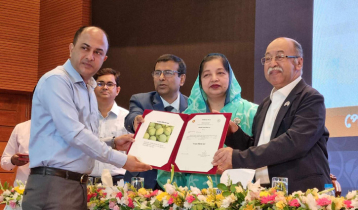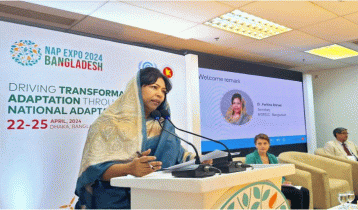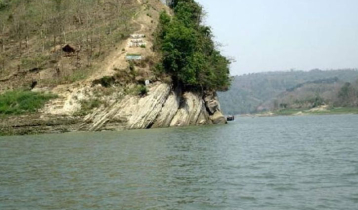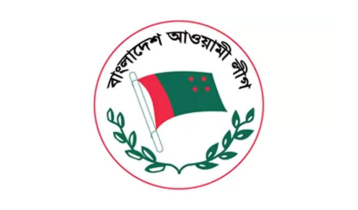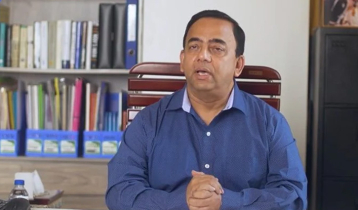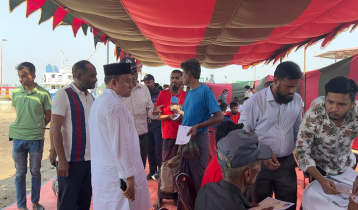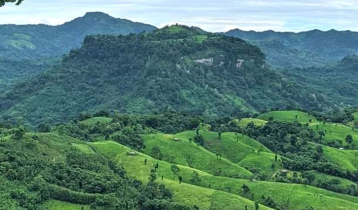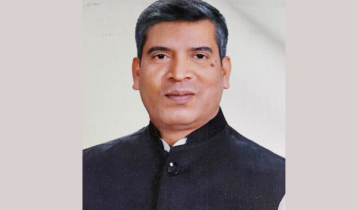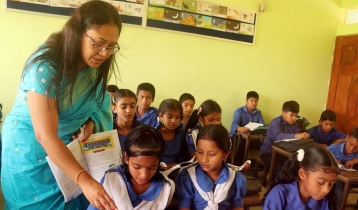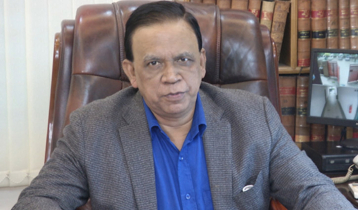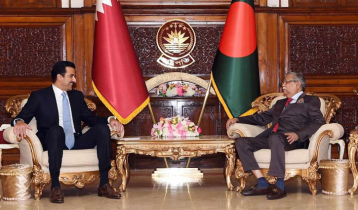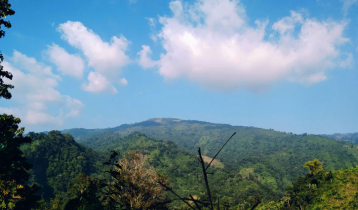BAU researchers develop 3 salt-tolerant mustard varieties
Atikur Rahman || risingbd.com
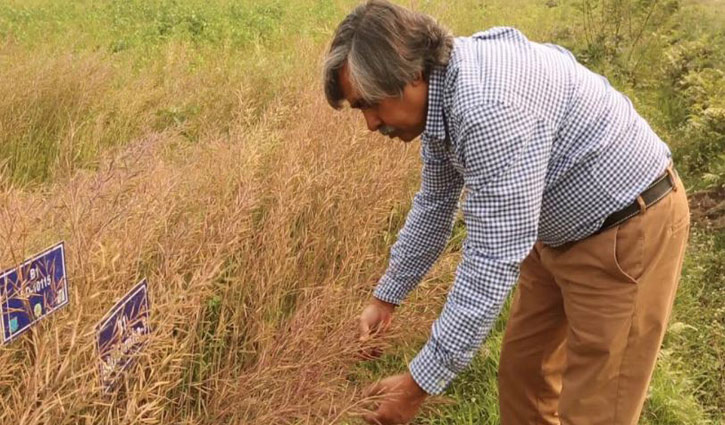
Bangladesh Agricultural University (BAU) has developed three high-yielding varieties of salt-tolerant and short-lived mustard with the coordination of Bangladesh Agricultural Research Institute (BARI), funded by the Agricultural Research Foundation.
The invented three mustard varieties are ‘Bau Sarisha-1’, ‘Bau Sarisha-2’, and ‘Bau Sarisha-3’.
The Faculty of Agriculture of the university came up with the disclosure at a workshop titled 'Development of Short-Term Salt-tolerant Rhapsody Seed Mustard'.
According to the Ministry of Agriculture, mustard is currently cultivated in a total area of 4.44 million hectares of land in the country, from which 6.5 million metric tons of mustard and 2.5 million tons of oil are produced from this mustard that cannot fulfill the population’s demand for oil. In this case, the new varieties of mustard will meet most of the oil demand of the people.
According to the researchers, the three mustard varieties will yield 2.5 metric tons per hectare in saline soils and 3 metric tons per hectare in other soils. Also, 40-41 percent of oil can be obtained from these varieties. Mustard production in the country will increase as the invented varieties can be cultivated in both non-saline and saline areas. The three invented varieties have already been registered with the National Seed Board.
Under the Ph.D. program of the National Agricultural Technology Project, BAU and Bangladesh Agricultural Research Institute (BARI) jointly developed the varieties.
Under the supervision of the Vice-Chancellor of BAU and Professor of Cultivation and Plant Breeding Dr. Lutful Hasan, the chief scientific officer of BARE Dr. Ferdousi Begum was the chief researcher. Professor of Department of Genetics and Plant Breeding Ashraful Haque, professor of Agricultural Economics Sirajul Islam, and BARI scientific officer Rozina Afroz were also assistant researchers in the project.
BAU/Atikur/Mahfuz

